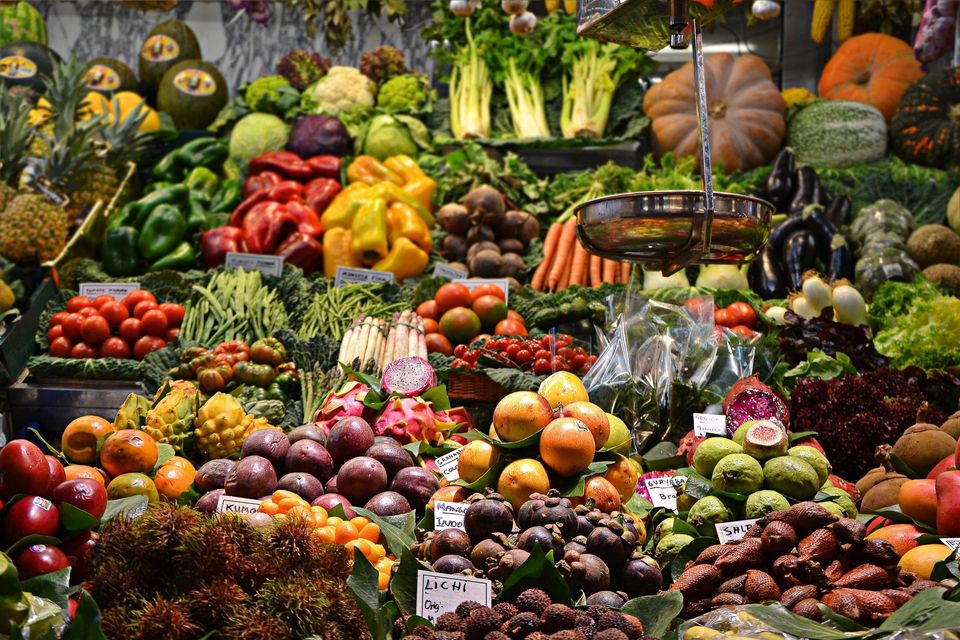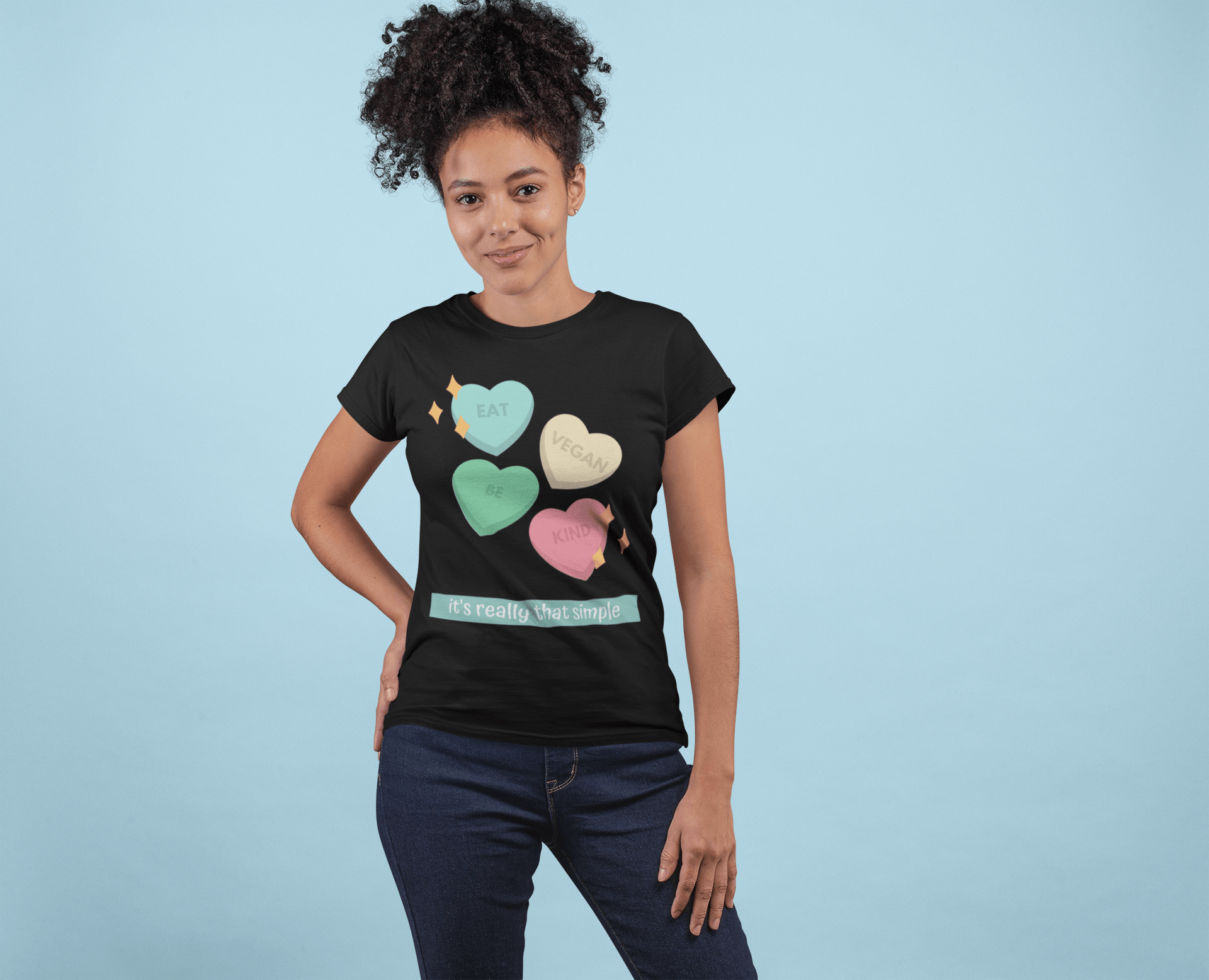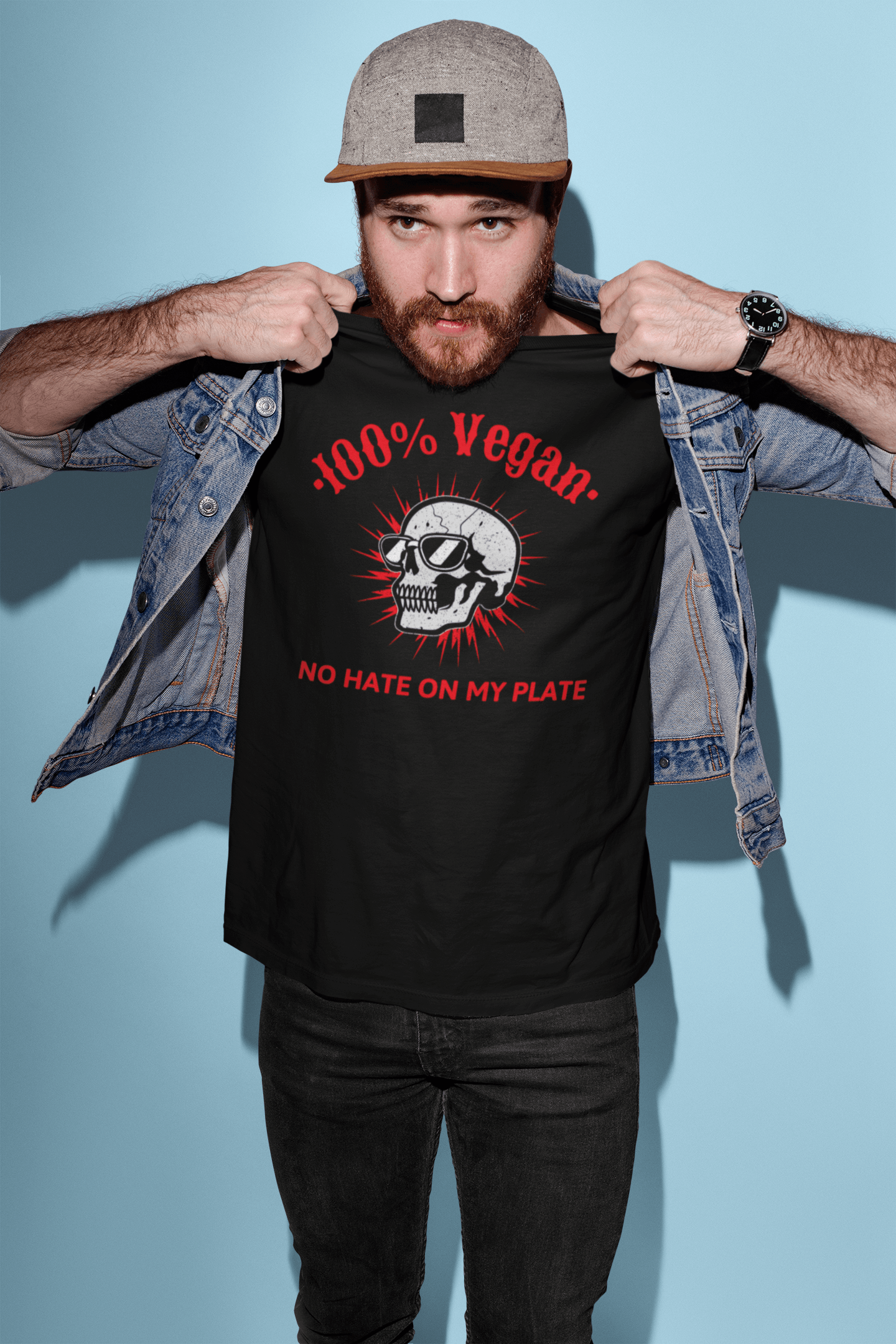The Difference Between Plant-Based Diet, Vegetarianism, and Veganism
Jim Moore • April 14, 2020
All squares are rectangles, but not all rectangles are squares

As plant-based alternatives to meat, dairy, and eggs increasingly become more available to the majority of consumers, there is an equal growth to the chatter about all of the types of plant-based diets. While there are plenty of low-meat diets, not all of them are the same. The most common terms used when discussing diets that include an increased incorporation of non-animal products are “plant-based”; “vegetarian”; and “vegan.” While everyone who treads into reduced-meat diets may have personal definitions for each, exploring the general definitions of “the big three” is essential in understanding exactly what each of those diets is.
Plant-based diets are not necessarily diets wherein the consumer eats only plants. Many people opt for plant-based diets in order to reduce their animal-product reliance without completely cutting meat, dairy, or eggs from their diets. One of the most well-known plant-based diets is that of pescetarianism: the consumption of no meat except for fish. Pescetarianism still allows the consumption of dairy, eggs, and fish, but no pork, chicken, beef, or other meats. Some people have also subscribed to “flexitarianism” where most of the time they are vegetarian, but “allow” themselves to indulge in meat on occasion. When flexitarians decide to break their otherwise vegetarian diet, it is often in favor of high-quality, ethically-raised meats that they purchase from a local butcher to support small-scale farms and discourage the especially unsavory treatment of animals at slaughterhouses. Simply put, plant-based diets are diets which encourage a plant-heavy, ethically-based consumption regiment.
Vegetarian diets are those in which no meat is consumed by the dieter. This means no fish, beef, pork, chicken, or any other meat. However, vegetarians may still eat eggs, dairy, and animal byproducts like fats. The vegetarian diet has been around for eons, but has been noticeably gaining traction in the United States only for the last three decades, despite a doubling of plant-based alternatives to meat products hitting the market in the last decade alone. Through the 1990s, vegetarianism was especially attractive to those attempting to reduce the environmental impact of the meat industry because many restaurant chains had plant-based options that were prepared using animal fats, but lacked meat (e.g. french fries fried in animal fats).
Veganism is the complete refusal of both meats and other animal products. While veganism as a lifestyle extends past the dietary restrictions into the exclusion of leather and other inedible animal products, in the dietary sense it is an advanced iteration of vegetarianism. Vegans chose not to eat any dairy, eggs, or other animal byproducts. While, for a long time, veganism has been considered inaccessible to many because restaurants and other food producers refused to alter their recipes to be vegan-friendly, veganism is becoming increasingly more accessible. Most restaurants have halted the use of animal fats and butter in their kitchen in favor of plant-based alternatives, meaning that a dish that may have been vegetarian in the recent past now adheres to the restrictions of a vegan diet.
All squares are rectangles, but not all rectangles are squares: Vegan and vegetarian diets are plant-based, but not all plant-based diets are vegan or even vegetarian. While veganism may appear to be the most intimidating form of plant-based dieting, small steps such as “Meatless Mondays” greatly aid the plant-based mission. Every step made to reduce animal cruelty and the environmental impact of animal-based industry is a step towards a plant-based, vegetarian, vegan world.
Share Your Vegan Message with VeganGently.com Gear
Vegan Gently Blog

The modern culinary landscape demands inclusivity, and offering a spectacular vegan dessert is no longer a niche luxury—it’s a business necessity. This Tahini Coconut Milk Ice Cream provides a high-end, genuinely satisfying frozen treat that caters to guests who are dairy-free, vegan, or managing various allergies, ens

So, you're thinking about going vegan? That's awesome! Whether it's for ethical reasons, environmental concerns, or personal health goals, a vegan diet can be a powerful choice. But, like any major lifestyle change, it's important to understand the potential benefits and risks. Let's explore what recent medical literature tells us.














